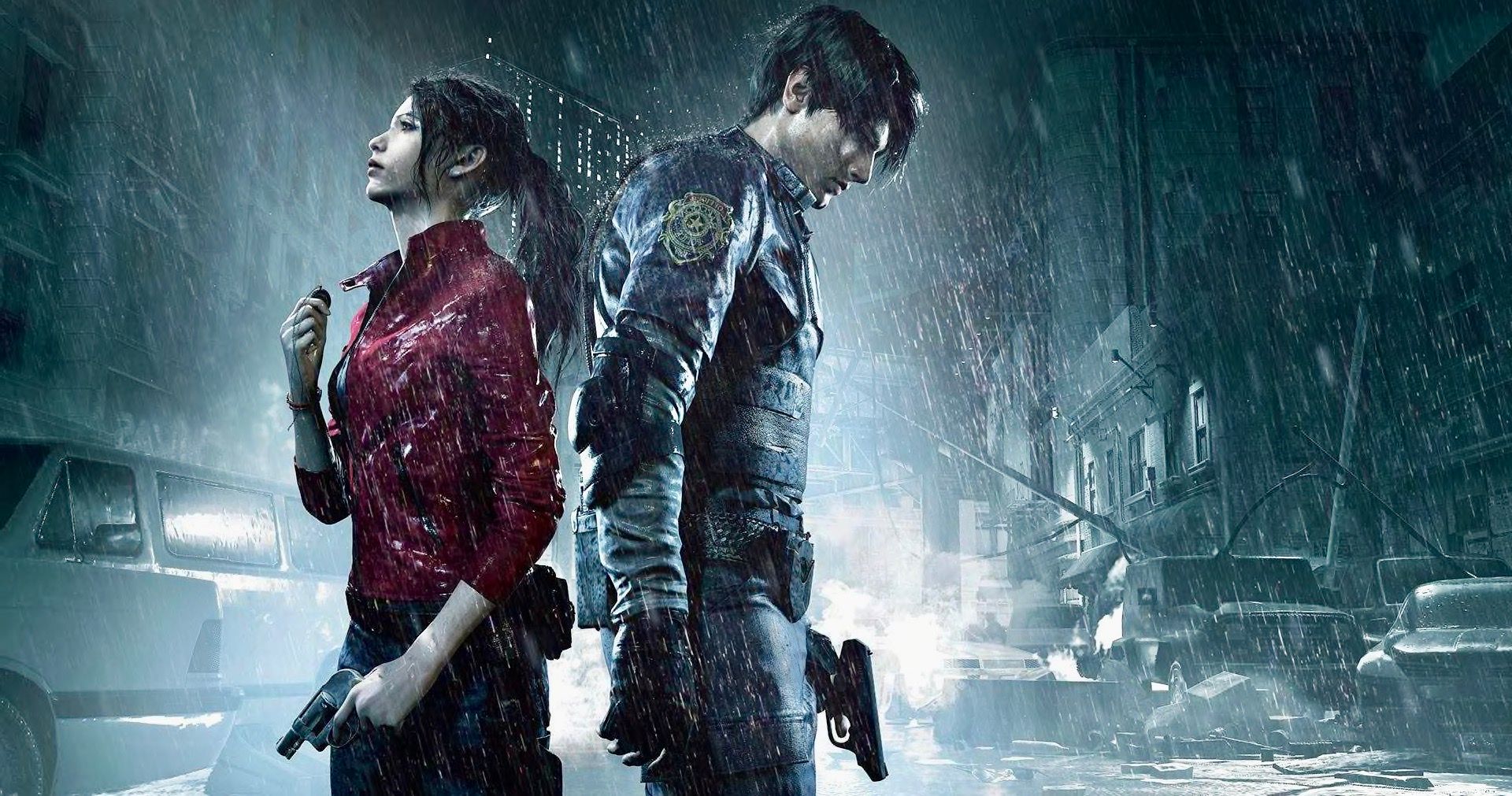As a $120 billion business, game development depends on innovation. Yet like the film and television industry, it also profits from recycling its most successful franchises. Given that many gamers began playing 30 or 40 years ago, nostalgia can be a powerful marketing tool.
Recently, popular franchises like The Legend of Zelda, Crash Bandicoot, Spyro the Dragon, and World of Warcraft have been remade or remastered to attract faithful fans as well as younger audiences. Other games like the Tony Hawk’s Pro Skater series and SpongeBob SquarePants: Battle for Bikini Bottom have been upgraded for an enhanced gaming experience.
“Because you can actually revisit those virtual spaces, it’s a more powerful type of nostalgia,” said Alyse Knorr, assistant professor of English at Regis University and author of the book Super Mario Bros. 3. “It’s the same when you go back to it; it’s the same as it was when you were 7.”
Publishers first began capitalizing on nostalgia by re-releasing classic games from plug-and-play devices. In 2016, Nintendo launched a replica of the original Nintendo Entertainment System console, designed for games like Super Mario Bros. and Donkey Kong, which sold out almost immediately. Sega and Sony soon followed Nintendo’s lead.
“I think when you come upon a big 10 or 20 year anniversary of a classic, there’s a nostalgia wave that hits,” says Lewis Ward, research director of gaming and VR/AR at tech market research firm IDC. “There’s a chance to sell it to people who loved it the first time around and also grab a new audience that’s never played it.”
Yet nostalgia alone is often not enough. Serious gamers also want to see improvements before investing their money in a remake. This year’s Final Fantasy VII Remake was a resounding success thanks to the enhancement of the graphics, gameplay, narrative, and music of the original 1997 game. By sticking closely to the original story while expanding on its potential, Square Enix managed to please long-time fans and new players.
Working with an array of voice actors, artists, animators, engineers and producers, Square Enix gave the characters new dimensions, voices and backgrounds. Final Fantasy VII Remake became the best-selling game the month it was released. The remake, however, was not an inexpensive venture. According to Atul Goyal, a managing director at investment bank Jefferies & Company, the budget for Final Fantasy VII Remake was an estimated $140 million – as much as many Hollywood blockbusters.
Other publishers have also been capitalizing on the remake trend. Capcom, the developer responsible for Street Fighter and Mega Man, remade 1998’s Resident Evil 2 last year. The result was both a critical and financial triumph, selling more than 6.6 million units worldwide. The success inspired Capcom to remake Resident Evil 3, which has sold over 2.5 million copies since its release in April.
As for the costs of these two remakes, Goyal estimates that the Resident Evil 2 cost less than $100 million to remake, while Resident Evil 3, which managed to reuse upgrades from its predecessor, cost even less. Capcom has already announced that Resident Evil 4 will also be remade.
Nostalgia has also inspired some companies to invest in updating classic games for new systems. In 2018, Bluepoint Games in Austin, Texas launched a high-definition remake of Shadow of the Colossus, which was originally released by Sony in 2005. Bluepoint had already updated the game in 2011 to 1080p standards before upgrading it again for 4K televisions in 2018.
Some in the gaming industry have criticized remasters and remakes for stifling creativity. In 2019, almost all of the top 10 titles on PC and console devices were direct sequels like Borderlands 3, continuing sports releases like NBA 2K20 or reboots like Call of Duty: Modern Warfare, which has earned over $1 billion in revenue.
Nostalgia, however, is not just about reminiscing about days past. There’s a comfort in the familiar when it comes to remade video games, but there’s also a sincere interest in how a once-beloved game has been improved. Unlike remakes of films, where audiences may be drawn to a familiar story – video game updates require that developers exceed gamers' expectations.
"Unlike film, it's not just about preserving the story or shots," says Peter Fabiano, producer and game developer at Capcom. "We also create assets from scratch and working through the whole process is always a challenge."
Upcoming video game remakes include Mafia: Definitive Edition (August 28), Tony Hawk's Pro Skater (September 4), Crysis Remastered (TBA), XIII Remake (TBA), Battletoads (TBA), Fear Effect Reinvented (TBA), Demon's Souls (TBA), Gothic (TBA), The Stanley Parable: Ultra Deluxe (TBA), Kingpin Reloaded (TBA), and System Shock Remake (TBA).
Source: NYTimes

